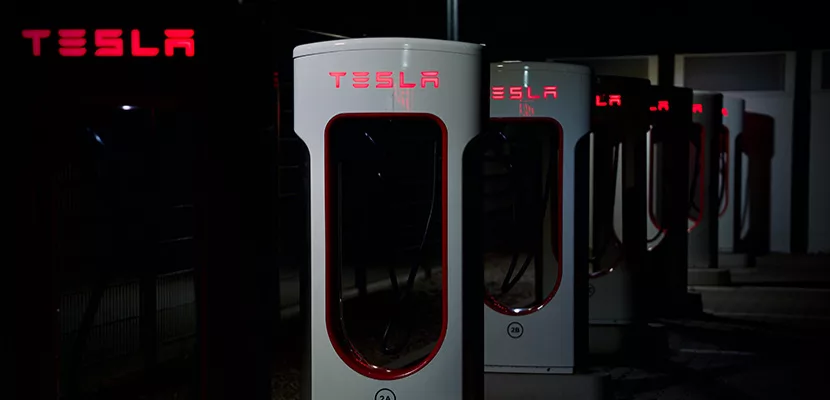Emerging Technologies and Air Pollution: The Essential Role of Industrial Air Filtration and Dust Collectors in Modern Manufacturing

In an era where sustainable solutions rule, we’re navigating through an array of emerging technologies that promise to revolutionize the manufacturing industry. Yet, beneath the buzz, these technologies, even with their eco-friendly veneers, may harbor hidden air pollution risks. The potential health hazards they present make industrial air filtration, fume extraction, and dust collectors more critical than ever.
Let’s take a deeper dive into some of these emerging technologies:
3D Printing
Additive manufacturing is transforming how we create, but it comes with its own set of hazards. Ultrafine particles (UFPs) and volatile organic compounds (VOCs) – often dismissed as byproducts – contribute significantly to indoor air pollution. These nanoparticles, tiny yet treacherous, can penetrate deep into our lungs when inhaled, potentially causing short and long-term respiratory issues.
Enter the power of industrial air filtration – a vital component for any space housing 3D printers. Efficient air filtration systems can reduce these microscopic threats, providing a breath of fresh air in an otherwise polluted environment.
Advanced Battery Manufacturing
The growing demand for lithium-ion batteries in renewable energy solutions and electric vehicles is undeniable. However, the air pollutants involved in their production, including sulfur compounds and heavy metals, are major red flags. Such pollutants are associated with a plethora of health issues, ranging from respiratory problems to nervous system damage.
In this landscape, dust collectors play a critical role. These systems can effectively control and reduce heavy metal dust emissions, maintaining a healthier workplace environment.
Artificial Intelligence and Data Centers
AI isn’t just about smart algorithms – it’s also about massive data centers consuming significant energy and potentially releasing pollutants from backup diesel generators. Thus, fume extraction becomes a key factor, not just in preserving our environment but also in preventing health issues like lung disease and heart conditions caused by particulates and NOx emissions.
Bioplastics Manufacturing
Bioplastics are reshaping the face of the plastics industry, but their production process can inadvertently contribute to air pollution. Agricultural fertilizers used in feedstock cultivation release pollutants that can cause health issues such as respiratory irritation, cardiovascular problems, and even cancer.
Furthermore, improperly disposed bioplastics can release methane, a potent greenhouse gas. A robust industrial air filtration system becomes indispensable in such scenarios, trapping and filtering out these harmful emissions.
Advanced Coating and Surface Treatment Technologies
Some manufacturing processes involve the use of coatings or surface treatment chemicals, such as paints, adhesives, and sealants. If these processes are not adequately controlled, they can release dangerous volatile organic compounds (VOCs) and other harmful pollutants into the air.
Carbon Capture Technologies
While carbon capture technologies are designed to minimize carbon emissions, the nitrosamines and nitramines released by certain processes can lead to severe health risks like cancer. Advanced fume and dust collectors can mitigate these effects, transforming a potential risk into a safe solution.
In conclusion, emerging technologies bring exciting possibilities but also new pollution challenges. Thankfully, through industrial air filtration, fume extraction, and dust collectors, we’re not just prepared – we’re ahead of the game, ensuring our manufacturing environments remain clean and safe.
